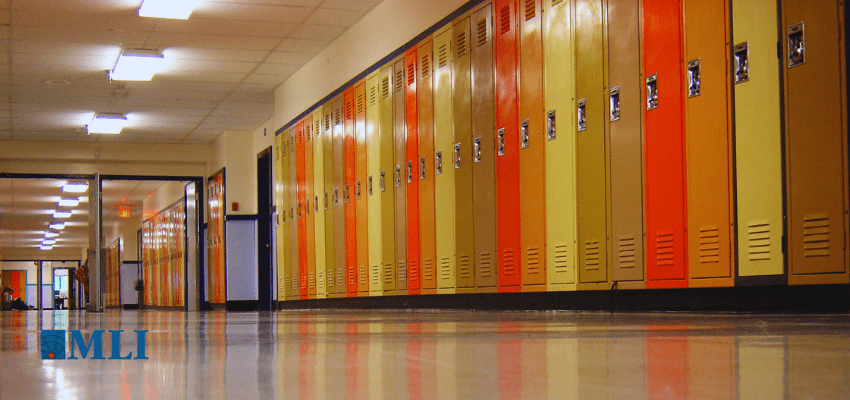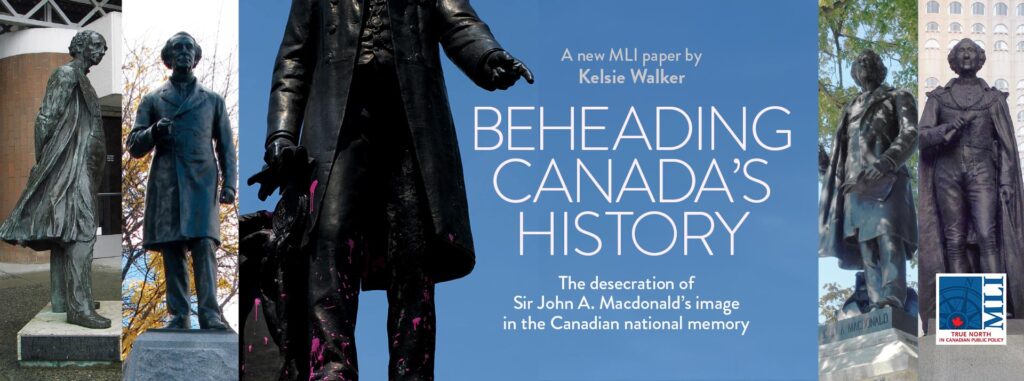This article originally appeared in the Globe and Mail.
By Casey Babb, July 3, 2024
On June 20, Toronto District School Board (TDSB) trustees voted 15-7 to add the term “anti-Palestinian racism” to its anti-racism strategy. As a result, a new working group will be established to create a stand-alone strategy to address anti-Palestinian racism and discrimination in schools, and the board will introduce a “professional learning series” on the topic. While on its face this development might seem righteous and well-intentioned, for many in the Jewish community, highlighting anti-Palestinian racism raises red flags. In light of these dynamics and the potential risks, we need to start having more challenging conversations about anti-Palestinian racism, even if those conversations are uncomfortable.
For starters, many in the Jewish community are concerned that various elements of Jewish life could be labelled as “anti-Palestinian racism.” For instance, it’s conceivable that a young student wearing a Star of David around his or her neck, a kippah on his head, or an Israeli flag on their backpack, could be accused of being anti-Palestinian – or more broadly – racist. While this might seem outlandish, we’re living in a time when the outlandish or hard-to-believe has become the norm. Time and time again we say “that will never happen,” and then it does.
If anti-Palestinian racism isn’t approached very carefully and strategically, with clear guardrails, it could lead to the insidious suppression of free and open Jewish life. Highlighting anti-Palestinian racism could lead to a chilling effect on free speech, academic inquiry and open discourse relating to the Israeli-Palestinian conflict out of fears of facing accusations of being racist toward Palestinians – something that is already too often falsely applied to advocates and supporters of Israel.
In addition, because everything related to Palestinians and Israel is so politically charged and easily manipulated, the term anti-Palestinian racism risks being hijacked and co-opted by groups with malicious intent. As we have seen with numerous other ideas or terms, extremist voices could use anti-Palestinian racism as a means to say and do overtly antisemitic things, framing criticism of those activities as anti-Palestinian racism. This sort of manipulation of words and ideas has been applied, for example, to “anti-Zionism.” All too often, people will hear the claim “anti-Zionism isn’t antisemitism,” when in fact it most certainly is. Ultimately, using the term “anti-Palestinian racism” seriously risks conflating Palestinian identity and the legitimate pursuit of Palestinian rights with opposition to the world’s only Jewish state, essentially defining anti-Zionism as anti-racism in a manner that provides a veil for more injurious and antisemitic rhetoric.
Other potential issues include the opening of Pandora’s racism box, confusion over the term itself and the watering down of efforts already under way to combat well-known and horrific forms of racism, including Islamophobia. For example, many communities in Canada face discrimination but do not have their own stand-alone stream of anti-racism work based on nationality. If we’re going to start focusing on anti-Palestinian racism in our schools, should we then open it up and start working to combat anti-Lebanese racism? What about anti-Syrian or anti-Iranian racism? What about anti-Russian racism – should we start a new working group to look into that, too?
People will also likely struggle to understand what differentiates anti-Palestinian racism from Islamophobia. For the average person, many forms of racism, including, for instance, antisemitism and Islamophobia, are already difficult to comprehend, let alone address. By adding anti-Palestinian racism into the mix, there is serious potential to further complicate the anti-racism landscape at a time when efforts to combat many forms of racism are struggling to achieve substantive results.
Going forward, senior decision makers – particularly those responsible for educating and protecting our children – need to start having more realistic and difficult discussions before moving toward knee-jerk initiatives that could threaten certain groups of people. Indeed, there are reasons why hundreds of concerned parents, educators and community leaders protested outside the building where the vote took place. They’re worried about the future of their children in Canada’s public-school system, and many are left feeling more vulnerable than they ever have before. One Jewish community leader recently told me that despite all of the things he has seen since Oct. 7, the situation in the schools is what has him the most worried.
If we’re going to focus on anti-Palestinian racism, it needs to be done right, and it needs to be done after all voices are heard and difficult discussions are had.
Casey Babb is a senior fellow with the Macdonald-Laurier Institute, an international fellow at the Institute for National Security Studies in Tel Aviv, and an advisor to Secure Canada.







